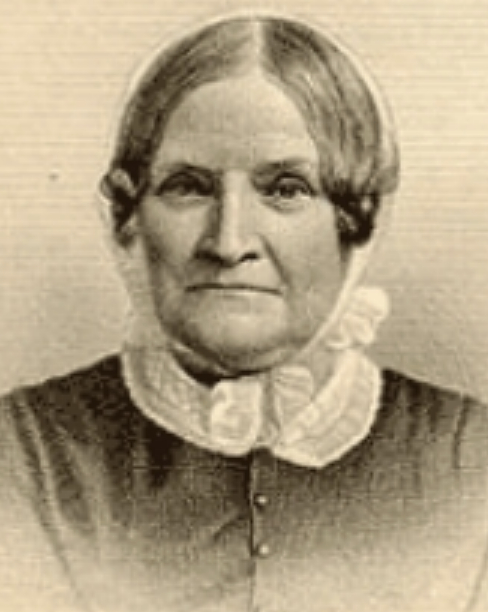On this date in 1802, Lydia Maria Child (née Francis) was born in Medford, Mass. Considered one of the first U.S. “women of letters,” she became a famous abolitionist, author, novelist and journalist. Her poem “Over the River and Through the Wood” (originally titled “A Boy’s Thanksgiving Day”) became popular as a song: “Over the river and through the wood / to grandfather’s house we go.” After her mother died when she was 12, she went to live with her older married sister in Maine and studied to become a teacher.
She ran a private school, started the first journal for children and wrote several novels and popular how-to books such as The Frugal Housewife, The Mother’s Book and The Little Girl’s Own Book. Her history, The First Settlers of New England, blamed Calvinist-based racism for the treatment of Native Americans. She married David Childs, editor and publisher of the Massachusetts Journal, in 1828 when she was 26.
An Appeal in Favor of That Class of Americans Called Africans recruited many to the anti-slavery movement, but made Child a pariah in Boston society. Her two-volume The History of the Condition of Women, in Various Ages and Nations was published in 1835. She continued abolition work, supporting herself through popular writings and newspaper columns. The Progress of Religious Ideas (1855) rejected theology, dogma, doctrines, and talked of “Providence” as the inward voice of conscience. Her funeral was presided over by Wendell Phillips, who said she was “ready to die for a principle and starve for an idea.” John Greenleaf Whittier recited a poem in her honor and The Truth Seeker memorialized her. D. 1880.


